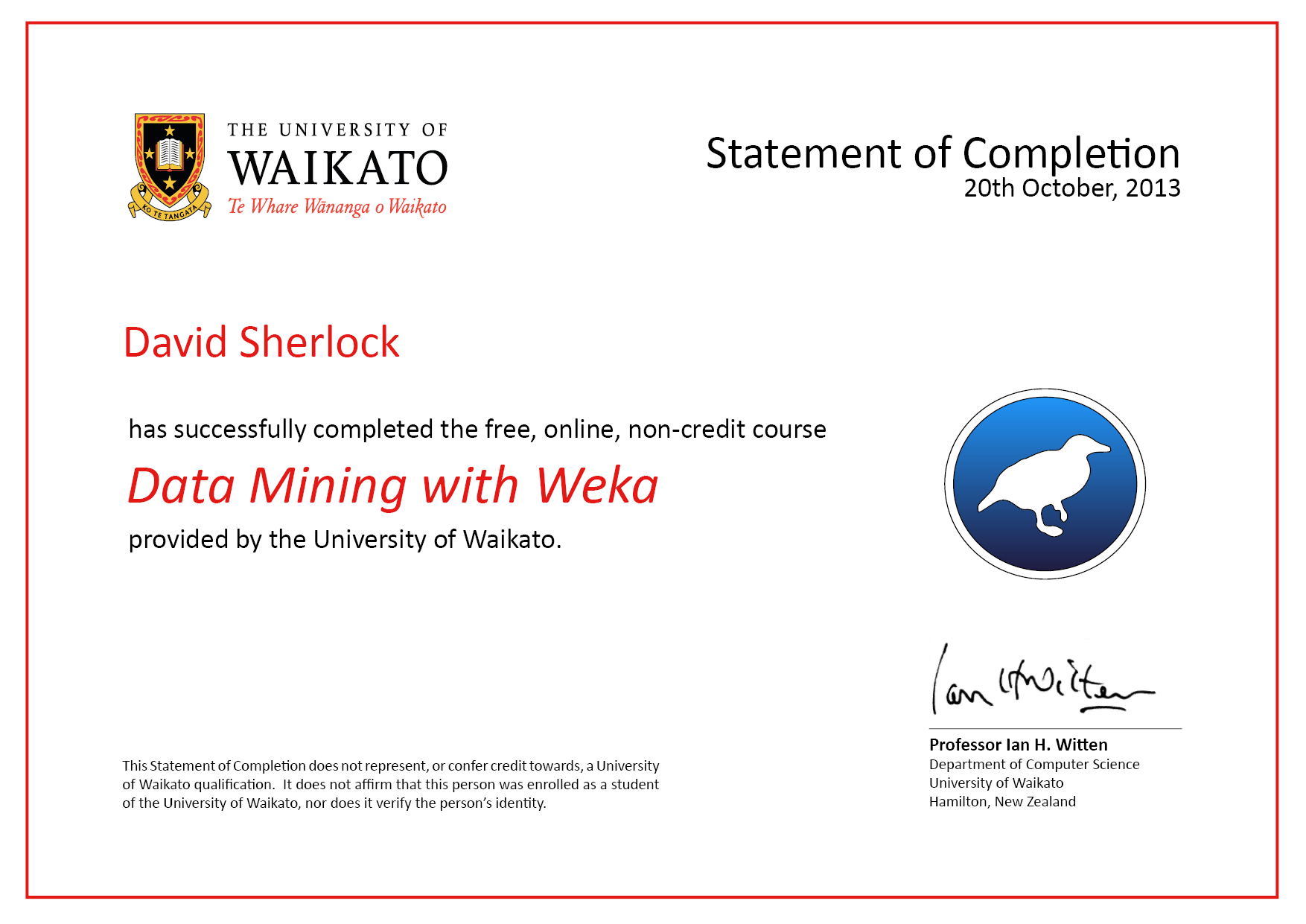ETA If you want to review yesterday’s twitter discussion about FutureLearn’s Terms and Conditions, Martin Hawksey has now set up one of his fabulous TAGSExplorer twitter archives here.
The appearance of FutureLearn’s new website caused considerable discussion on twitter this morning. Once everyone had got over the shock of the website’s eye-watering colour scheme, attention turned to FurtureLearn’s depressingly draconian Terms and Conditions, which were disected in forensic detail by several commentators who know more than a thing or two about licensing and open educational content. I’m not going to attempt to summarise all the legal issues, ambiguities and inconsistencies that others have spotted, but I do want to highlight what the Terms and Conditions say about educational content. You can read FutureLearn’s full Terms and Conditions here but the salient points to note in relation to content licensing are:
All FutureLearn’s content and Online Courses, are the property of FutureLearn and/or its affiliates or its or their licensors and are protected by copyright, patent and/or other proprietary intellectual property rights under the laws of England and other countries.
– Fair enough, I guess.
Users may not copy, sell, display, reproduce, publish, modify, create derivative works from, transfer, distribute or otherwise commercially exploit in any manner the FutureLearn Site, Online Courses, or any Content.
– If content can not be reproduced, modified or transferred then clearly it can not be reused, therefore it is not open.
Future Learn grants users access to their content under the term of the Creative Commons Attribution – No Derivatices – Non Commerical 3.0 licence.
– Again, use of the most restrictive Creative Commons licence means that FutureLearn content cannot be modified and reused in other contexts, therefore it is not open in any meaningful sense of the word.
Any content created by users and uploaded to FutureLearn will be owned by the user who retains the rights to their content, but by doing so, users grant FutureLearn “an irrevocable, worldwide, perpetual, royalty-free and non-exclusive licence to use, distribute, reproduce, modify, adapt, publicly perform and publicly display such User Content on the FutureLearn Site and/or in the Online Courses or otherwise exploit the User Content, with the right to sublicense such rights (to multiple tiers), for any purpose (including for any commercial purpose).”
- Unless that content happens to be subtitles, captions or translations of FutureLearn content….
FutureLearn may on occasion ask users to produce subtitles and translations of content in which case the same rights apply, but, and it’s a big but, in the case of captions and translations “you agree that the licence granted to FutureLearn above shall be exclusive.”
So there you have it, FutureLearn content will not be open educational resources in any real sense. I can’t say I’m surprised by FutureLearn’s Terms and Conditions and the approach they have taken to licensing educational content, but I am more than a little disappointed. Many colleagues have commented previously that the relationship between MOOCs and OERs is problematic, now it seems to have hit the skids altogether. I suppose I have to acknowledge that FutureLearn press releases have never said anything about the actual content of their courses being open, but I did hope rather naively that as the Open University have been at the forefront of OER initiatives in the UK, FutureLearn would buck the trend and take a similarly enlightened approach to their content. For the record, the Open University licenses their OpenLearn content under the more permissive Creative Commons ‘Attribution-Non-Commercial-Share-Alike’ licence. You can see the OpenLearn Intellectual Property FAQ here.
As time passes, I can’t help thinking that the approaches to content licensing taken by the UKOER Programmes are starting to look increasingly radical… Anyone remember those heady days when universities were releasing their educational content under CC BY licence? Was it all just a dream?




